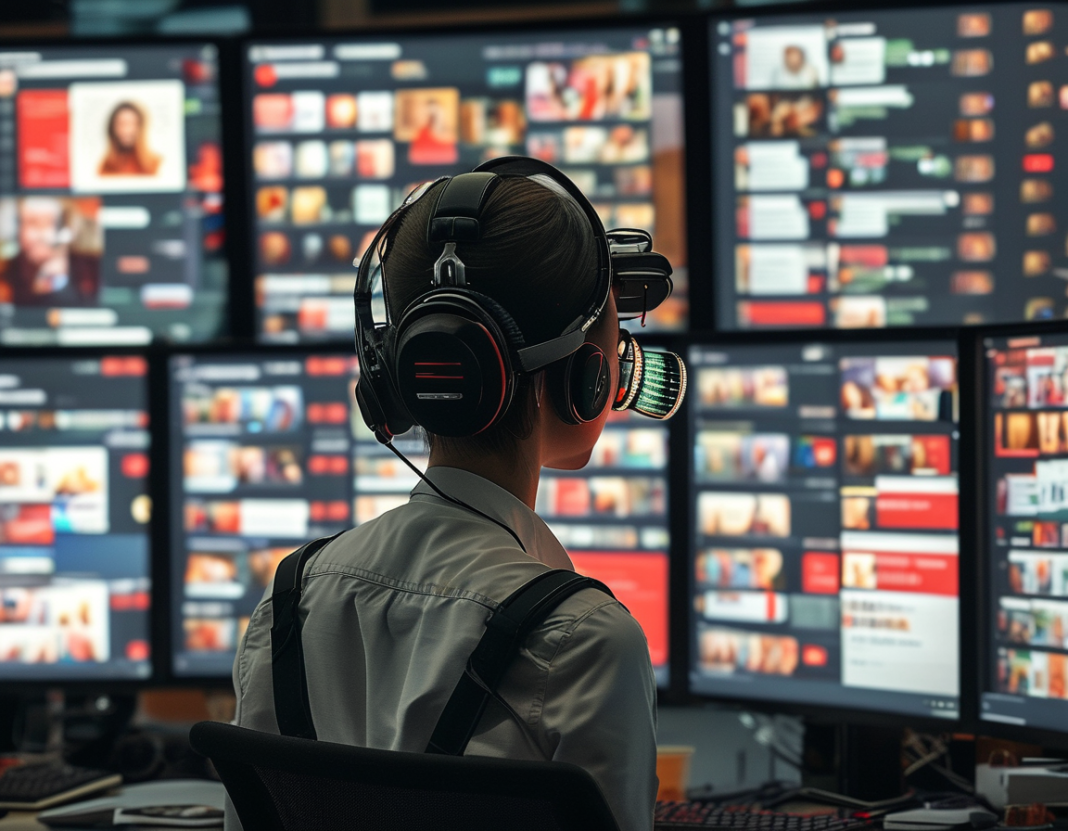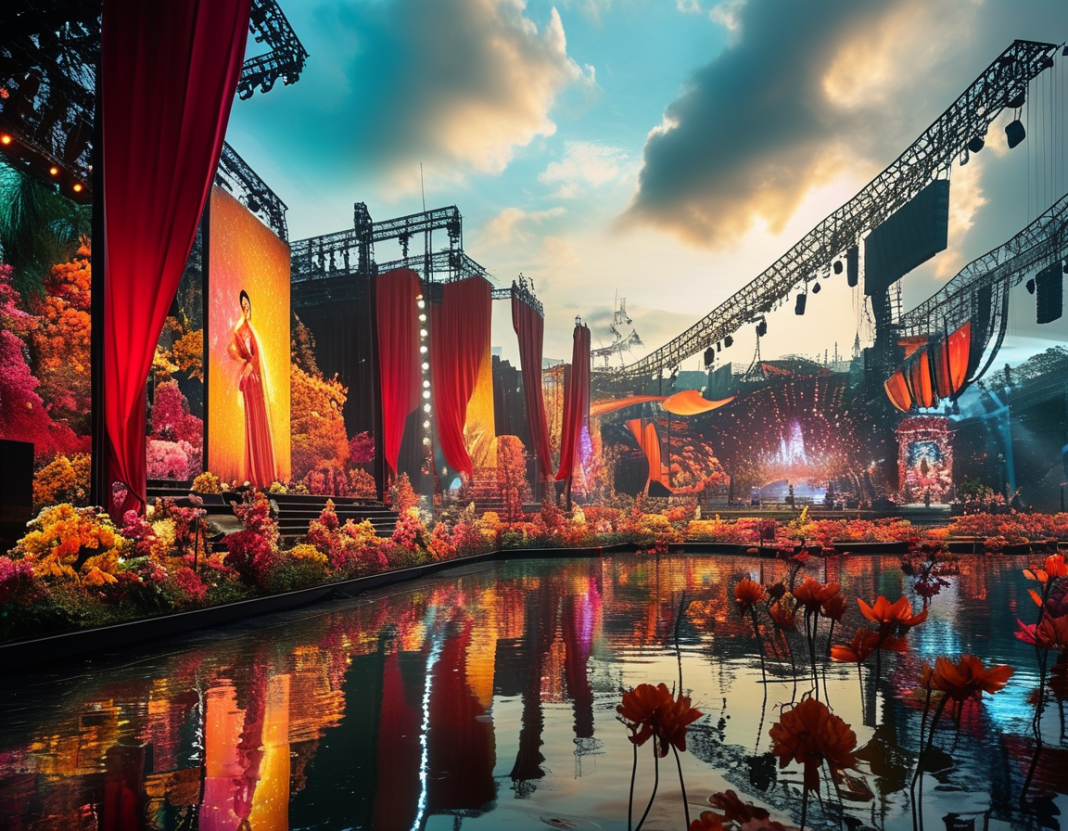Content moderation is these days a burning subject. Harmful content has also been a rising concern in the era of social media. Now how can AI solve this same old problem?
Moderators have a difficult job on platforms as vast and anarchic as Facebook or Twitter. They filter through millions of posts per day. The pressure can be overwhelming, and mistakes can be quite costly at both the dollar and social levels.
AI could change the game. This should help lighten the load by recognizing patterns and flagging this kind of content. But for a computer to be able to understand the subtleties of human conversation… is this possible?
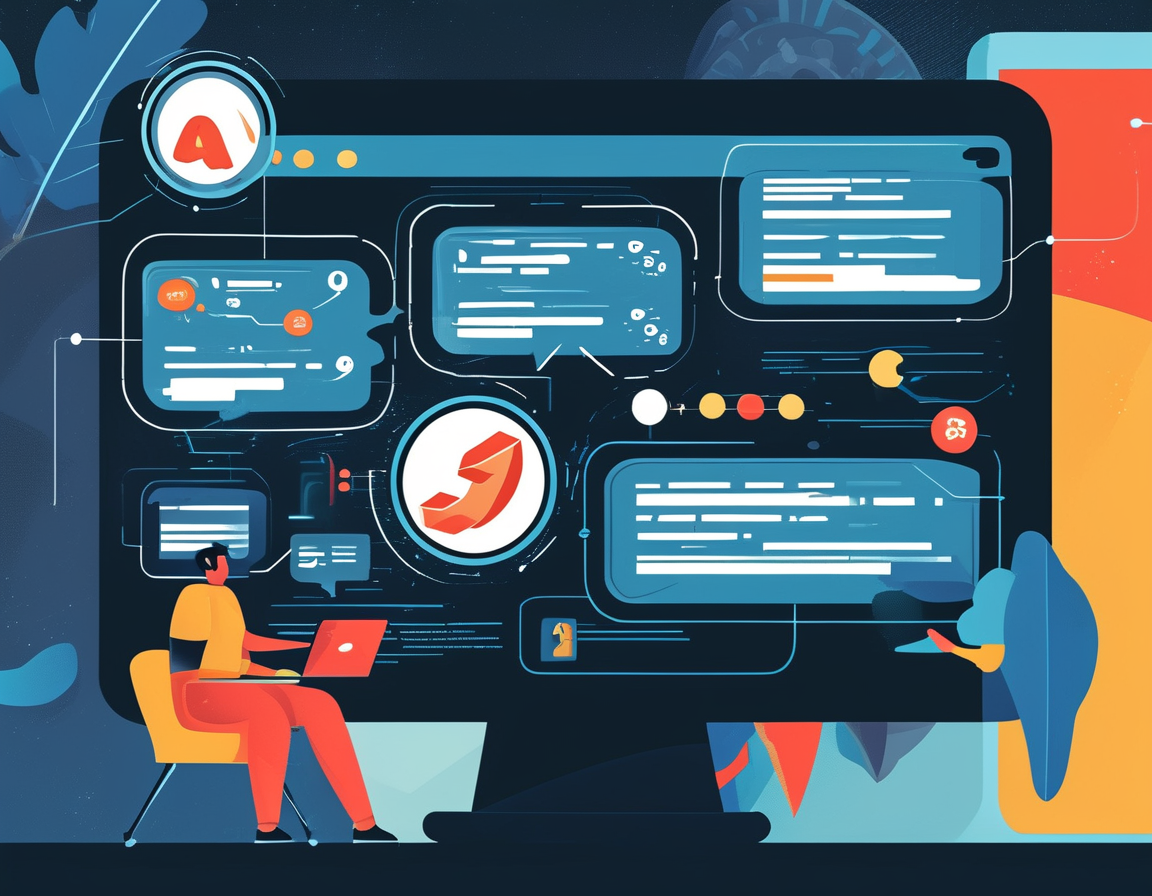
© MondayBeast.Com – Images created and owned by MondayBeast, any use beyond the permitted scope requires written consent from MondayBeast
A balanced scale demonstrates the tension between moderation and free speech without compromising one part of this triangle to maintain the other two upright. I can envision a world in which an algorithm will decide that all hate speech is fake news. Sounds great, right? Yet, there are hurdles.
Capsule Neural Networks, the Rise of Transformers, and Big Data Mining — Part 1 Algorithms are good students. Explanatory note: this article was drafted on a Sunday morning when it’s raining outside, and that creates difficulties of its own. I often ponder over what the role of an AI in our lives can be.
My point is that AI can never fully understand context or tone. However, human insight is still an irreplaceable thing. Humans and AI working together in a sci-fi image could create the perfect blend of human touch and machine efficiency when it comes down to content moderation on social media platforms.

© MondayBeast.Com – Images created and owned by MondayBeast, any use beyond the permitted scope requires written consent from MondayBeast
Take YouTube, for example. The videos are flagged by a moderating AI tool, but it’s far from perfect, with content often slipping through the cracks. Events like this have resulted in innocuous videos being taken down, but sometimes violent content is allowed to breeze through undeleted.
It can be tough to find the right balance of efficiency and accuracy. Should we trust machines to make this call? Or maybe a hybrid model where man-machine collaboration could be at its finest.
A mixed group interacting with different types of content showcasing that AI moderation gone wrong can impact art and news, further highlighting the challenge this area presents. It is suggested by some that to do so could lead to dependence on AI, ultimately resulting in censorship.
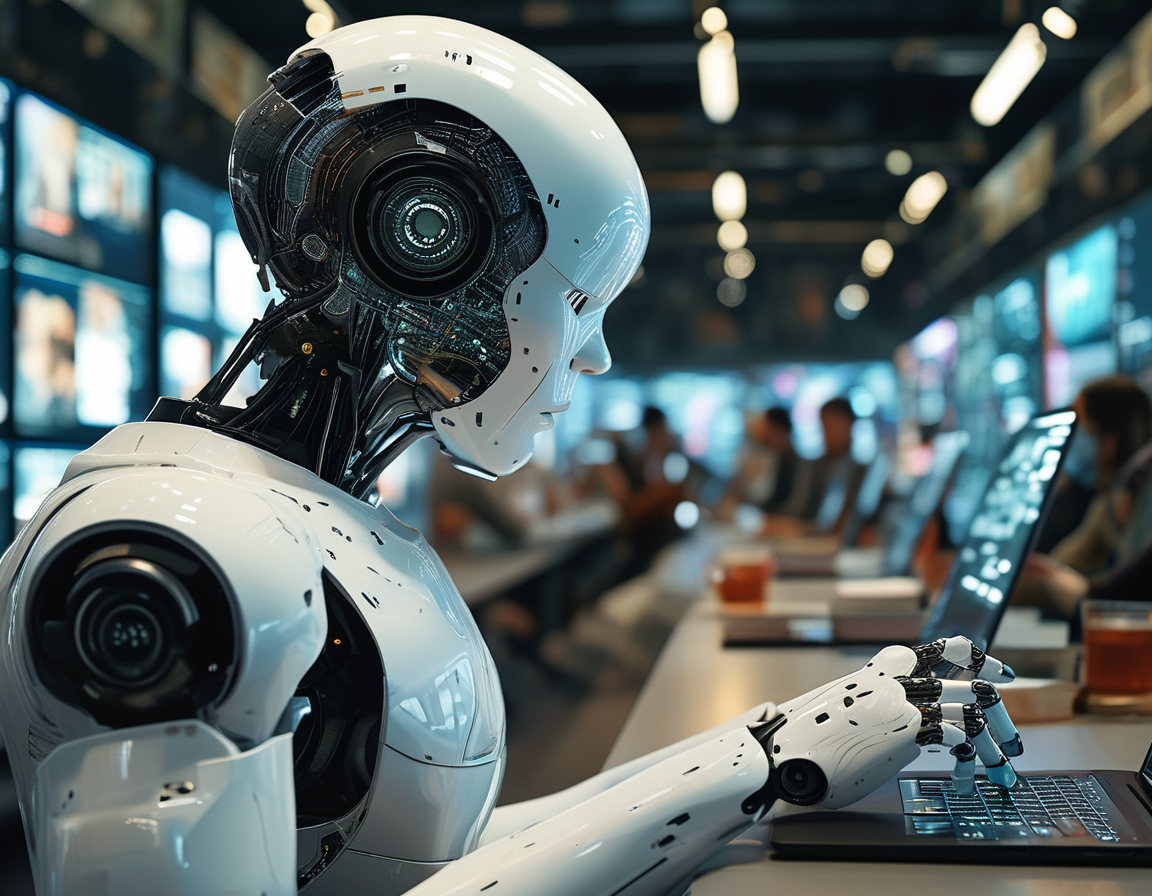
© MondayBeast.Com – Images created and owned by MondayBeast, any use beyond the permitted scope requires written consent from MondayBeast
But what if someone reads a work of art completely wrong? Or even gets censored over some legitimate news? It’s a complex issue. The social media platforms are in need of solutions, but they also have to protect free speech.
It can be difficult to strike that balance. Case in point: technology has led us to redefine moderation. This is a sensitive issue; we must be tactful.
This may be my personal bias, but I think AI has a role to play in response as well and shouldn’t replace human moderators. Bright, but uncertain. That is my projection for the future.
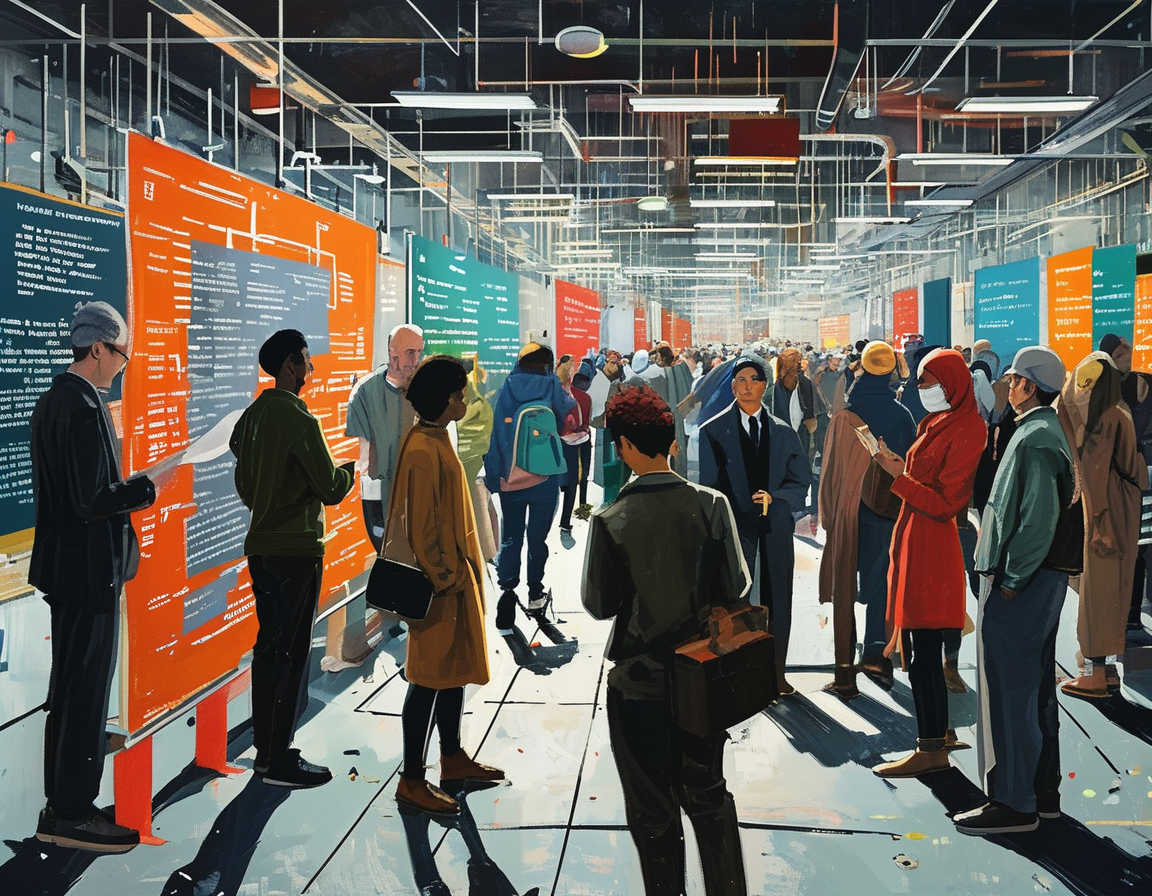
© MondayBeast.Com – Images created and owned by MondayBeast, any use beyond the permitted scope requires written consent from MondayBeast
AI could guide us through the complications associated with content moderation more easily. However, in our headlong rush to meet it, we must also beware not to lose what makes us human.

